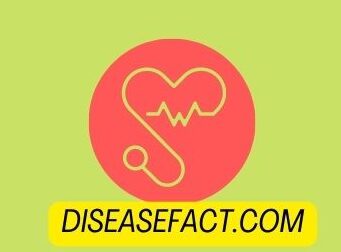Endometriosis is a medical condition in which the tissue that normally lines the inside of the uterus (endometrium) grows outside the uterus. This can cause inflammation, scarring, and adhesions in the pelvic area, which can lead to pain and infertility.
ENDOMETRIOSIS SIGN
- Pelvic pain: This is the most common symptom of endometriosis, and may be felt as a dull ache or sharp, stabbing pain in the pelvic region.
- Painful periods: Women with endometriosis may experience severe cramping, back pain, and pain during and after menstruation.
- Painful intercourse: Pain during or after sex is another common symptom of endometriosis.
- Infertility: Endometriosis can cause scarring and adhesions in the pelvic region, which can make it more difficult for a woman to conceive.
- Heavy or irregular periods: Women with endometriosis may experience heavier or longer periods than usual, or may have irregular cycles.
- Digestive problems: In some cases, endometriosis can cause digestive problems such as bloating, diarrhea, or constipation, especially during menstruation.
ENDOMETRIOSIS DIAGNOSIS
- Pelvic exam: Your healthcare provider will perform a pelvic exam to check for any abnormalities or signs of tenderness in your pelvic region.
- Imaging tests: An ultrasound or MRI may be used to look for cysts or other abnormalities that may be caused by endometriosis.
- Laparoscopy: This is a surgical procedure in which a thin, lighted tube with a camera is inserted through a small incision in the abdomen to view the pelvic organs and look for signs of endometriosis.
- Biopsy: A tissue sample may be taken during laparoscopy to confirm the diagnosis of endometriosis.
ENDOMETRIOSIS LIFE RISK
One of the most common complications of endometriosis is infertility, as the condition can cause scarring and adhesions in the pelvic region that can make it more difficult for a woman to conceive. In severe cases, endometriosis can also lead to the formation of ovarian cysts or other growths, which may require surgery to remove.
In rare cases, endometriosis can lead to the development of a type of ovarian cancer called endometrioid ovarian cancer. However, the overall risk of developing this type of cancer is very low.
In addition to these physical complications, endometriosis can also have a significant impact on a person’s mental health and well-being. Chronic pain, infertility, and other symptoms can be extremely distressing and may lead to depression, anxiety, and other mental health concerns.
ENDOMETRIOSIS TREATMENT
- Pain medication: Over-the-counter pain relievers such as ibuprofen or acetaminophen may be used to manage mild to moderate pain associated with endometriosis.
- Hormone therapy: Hormone therapy can help to reduce the growth and spread of endometrial tissue, which can relieve pain and other symptoms. Hormone therapy may include birth control pills, progesterone, or gonadotropin-releasing hormone (GnRH) agonists.
- Surgery: Laparoscopic surgery can be used to remove endometrial tissue, cysts, and adhesions. In more severe cases, a hysterectomy or removal of the ovaries may be necessary
- Assisted reproductive technologies: If endometriosis is causing infertility, assisted reproductive technologies such as in vitro fertilization (IVF) may be recommended. Pain management techniques: Other pain management techniques such as physical therapy, acupuncture, or nerve blocks may be used to manage chronic pain associated with endometriosis.
- It is important to work closely with a healthcare provider to determine the best treatment options for your individual needs and goals. In some cases, a combination of treatments may be used to effectively manage symptoms and reduce the risk of complications.

Thanks for the post
Cool, I’ve been looking for this one for a long time
thank you very much